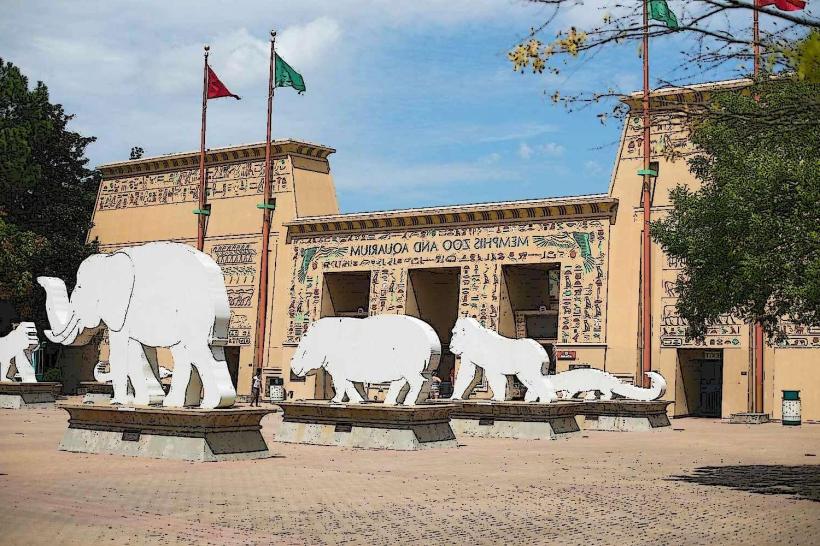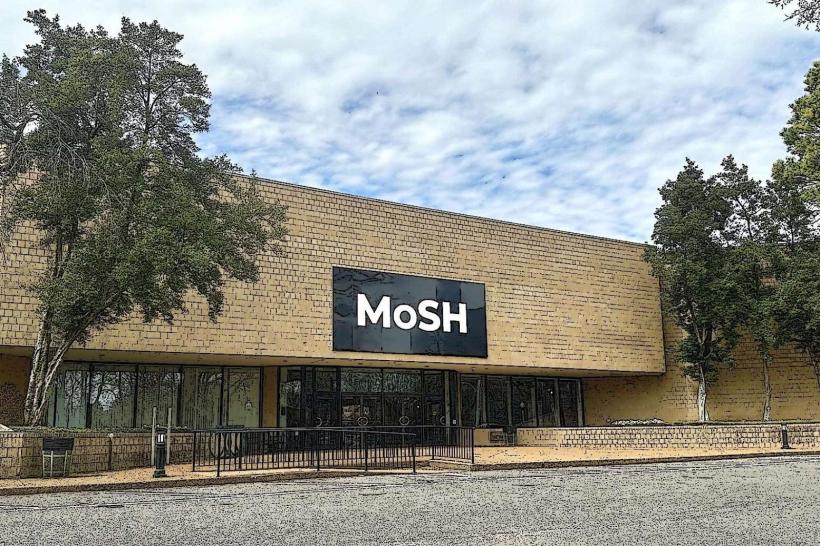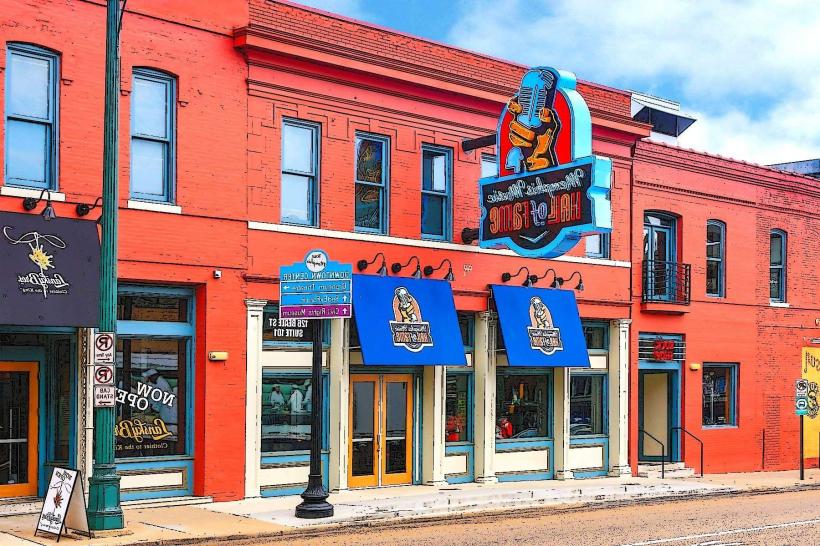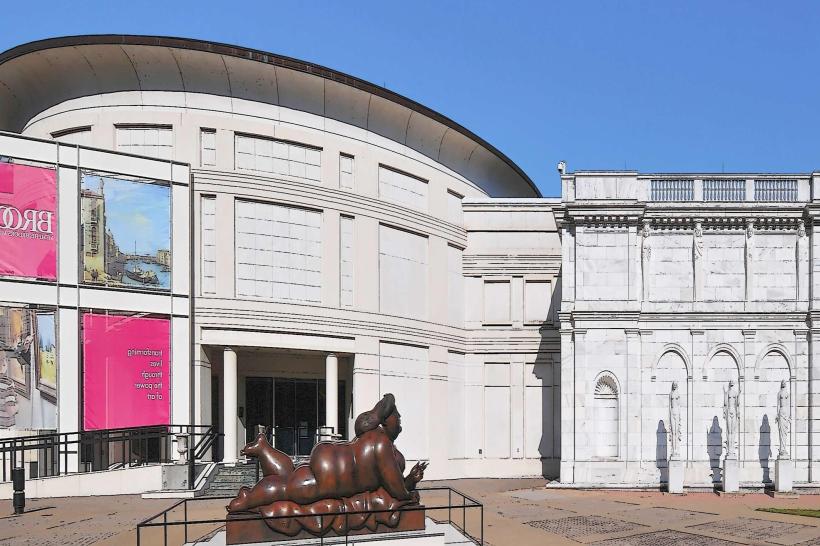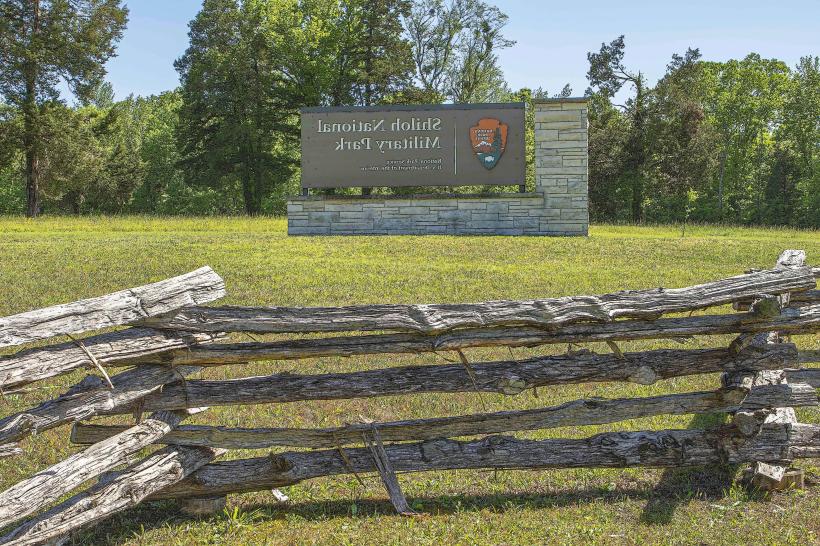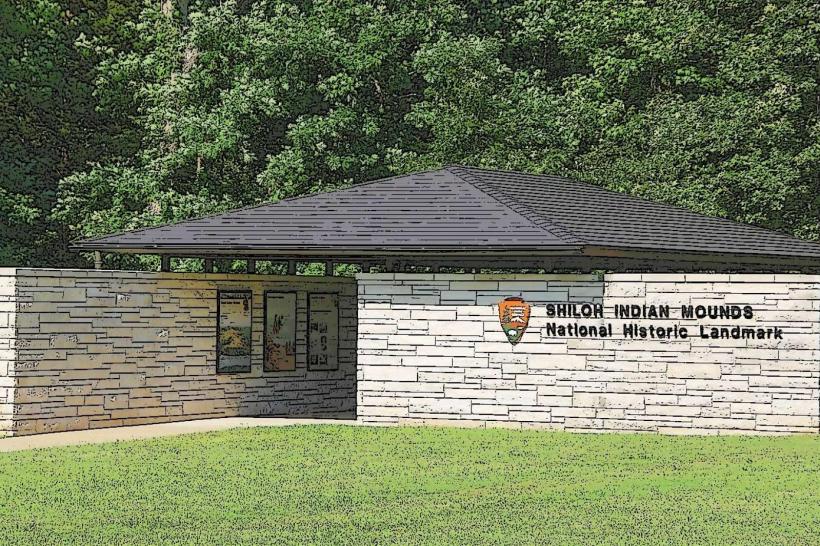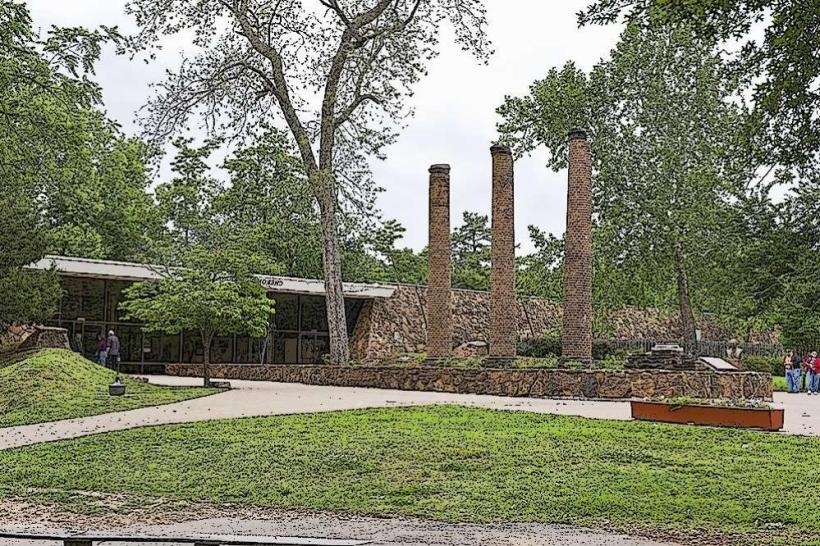Information
Landmark: Memphis Heritage TrailCity: Memphis
Country: USA Tennessee
Continent: North America
Memphis Heritage Trail, Memphis, USA Tennessee, North America
The Memphis Heritage Trail is a curated walking and driving route designed to showcase the rich cultural, historical, and architectural heritage of Memphis, Tennessee. It highlights significant landmarks, districts, and monuments that tell the story of the city’s development, its diverse communities, and its influential role in American history, especially in the realms of music, civil rights, and commerce.
Purpose and Significance
The Heritage Trail aims to provide residents and visitors with an immersive experience that connects them directly to Memphis’s layered past and vibrant present. By linking various neighborhoods and sites, the trail illustrates how Memphis evolved from its founding on the Mississippi River to become a center for commerce, culture, and social change.
Key Features and Landmarks
The Memphis Heritage Trail includes a wide array of historically and culturally important locations, such as:
Beale Street Historic District: Known worldwide as the birthplace of the blues, Beale Street is a lively corridor filled with clubs, restaurants, and landmarks that celebrate African American musical heritage.
National Civil Rights Museum: Located at the Lorraine Motel, where Dr. Martin Luther King Jr. was assassinated, this museum traces the history of the civil rights movement in Memphis and the nation.
Cotton Row District: Reflecting Memphis’s historic role in the cotton trade, this area features early 20th-century commercial architecture tied to the city’s economic foundation.
Victorian Village: A residential district showcasing beautifully preserved Victorian-era homes, reflecting the wealth and social history of Memphis’s past.
Chickasaw Heritage Sites: Areas that acknowledge the indigenous history and legacy of the Chickasaw Nation, native to the region before European settlement.
Historic Downtown and Riverfront: Including landmarks such as the Mississippi River Park, Mud Island, and the Pyramid, which offer insight into Memphis’s geographical and commercial importance.
Stax Museum of American Soul Music: Celebrating Memphis’s vital contribution to soul and R&B music through the legacy of Stax Records.
Trail Format and Accessibility
The Heritage Trail is designed to be explored by foot, bike, or car, with clear signage, interpretive markers, and maps available through local tourism offices and online platforms.
Guided tours-both self-guided and with professional guides-offer in-depth narratives and historical context for key sites.
Digital resources and mobile apps may complement the trail experience with multimedia content, including audio guides, photographs, and historical documents.
Educational and Cultural Impact
The Memphis Heritage Trail serves as a tool for education, tourism, and community pride by:
Promoting awareness of Memphis’s diverse histories, including African American culture, indigenous heritage, immigrant contributions, and industrial development.
Encouraging preservation of historic buildings and neighborhoods by fostering public appreciation and engagement.
Supporting local businesses, artists, and cultural institutions located along the trail.
Summary
The Memphis Heritage Trail is a thoughtfully crafted route that brings to life the city’s rich history and culture. By connecting historic districts, museums, landmarks, and cultural venues, it provides a comprehensive and accessible way to understand Memphis’s unique place in American history-from its musical innovations and civil rights struggles to its economic and architectural heritage. The trail is an essential resource for anyone looking to experience the depth and diversity of Memphis’s past and present.


